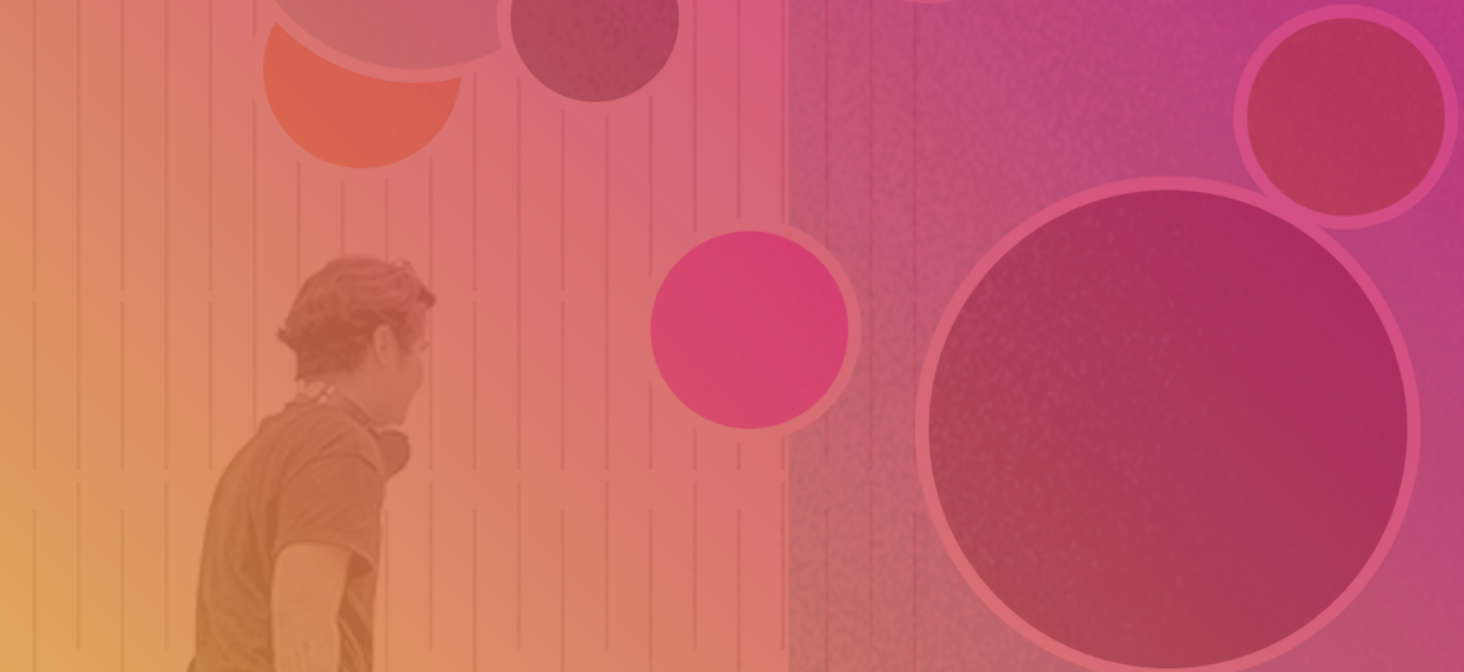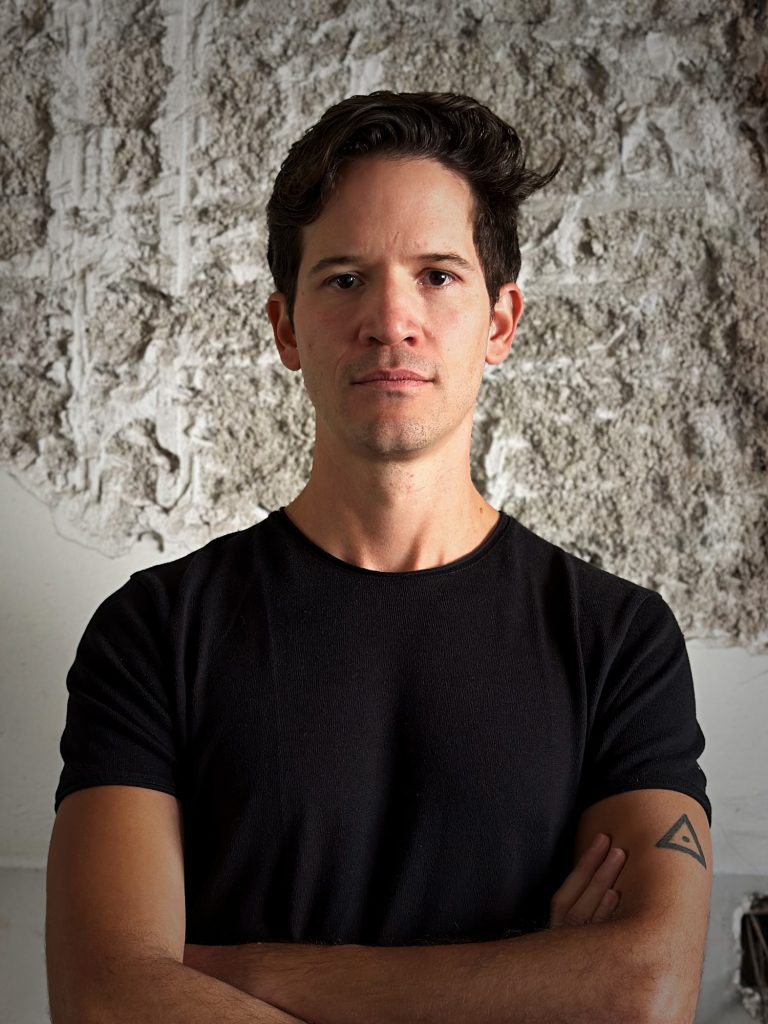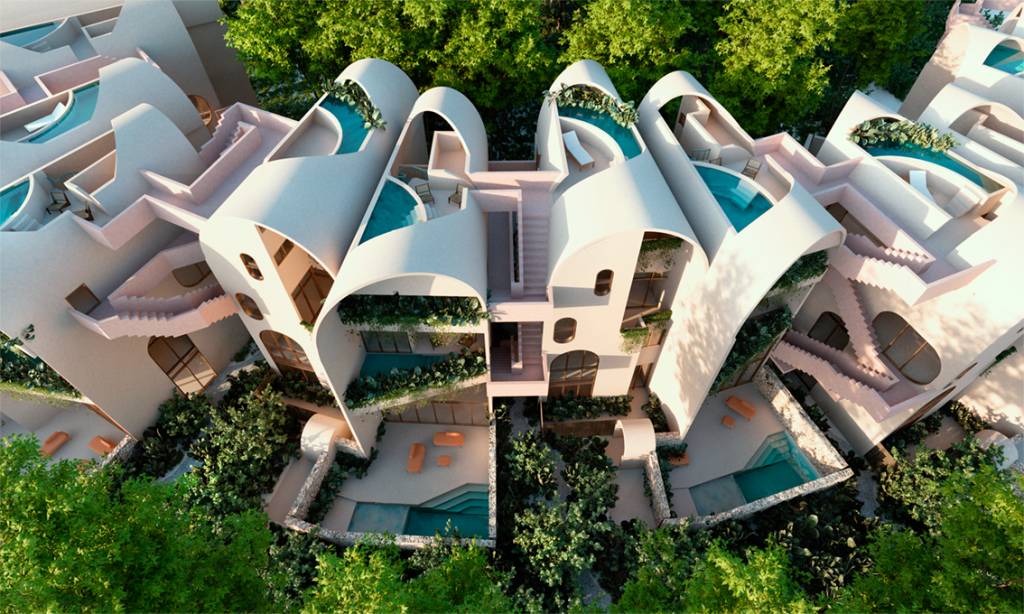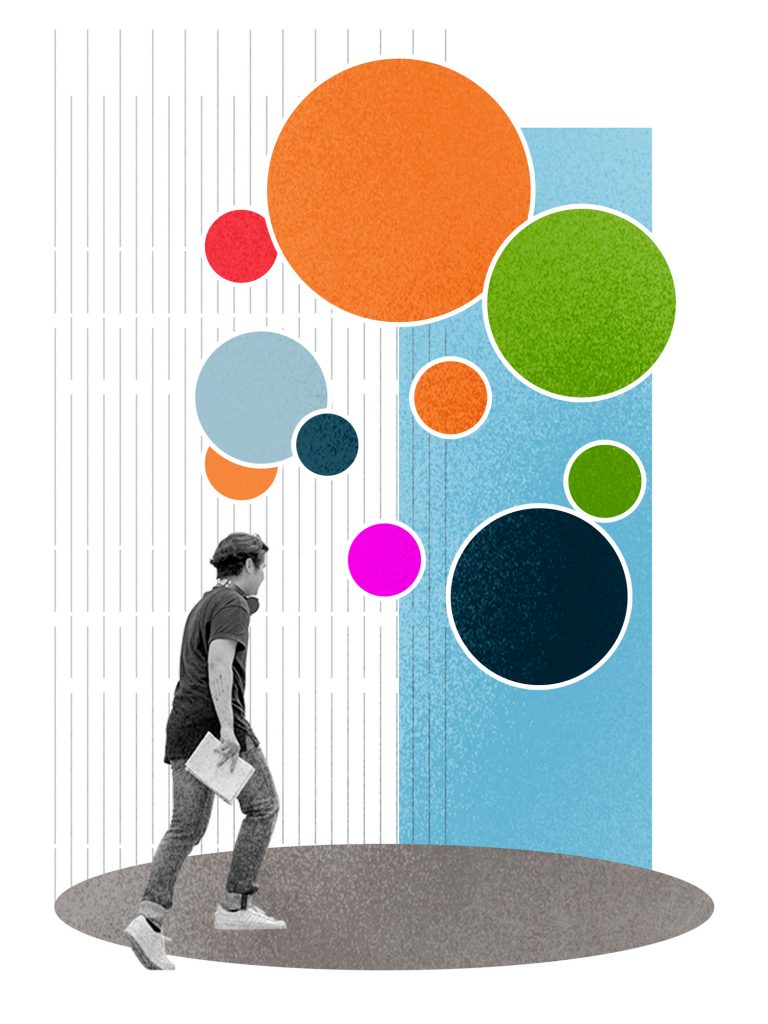

ABOUT THE AUTHOR
Leonardo Neve - Architect, Founder and Director. Passionate about architectural design, with a mission to inspire through authentic and inclusive spaces, driven by a creative spirit and divergent thoughts.
We've all experienced that uncomfortable feeling when we walk into a place and immediately feel the need to leave. It turns out that our instincts are not wrong. The spaces we inhabit have a significant impact on our health, emotions and overall well-being.
From the perception of comfort given by the design of our homes to the experiences characteristic of work environments and public spaces, places can influence our quality of life in ways that we often underestimate. In this blog, we will explore how the spaces we inhabit can affect us, make us feel stressed or relaxed, and even make us sick, thus confirming the importance of creating healthy and positive environments.
Space and emotions
The spaces we occupy can have a profound impact on our daily lives. From our mood to our overall health, architecture plays a vital role and becomes a determining factor in how we feel and function. We firmly believe that careful, well-thought-out design can elevate our quality of life in surprising ways.
For example, the way a space is organized can influence our emotions. Large, open spaces can create a feeling of freedom and expansion, while smaller, cozier spaces can convey intimacy and security. Additionally, the distribution of elements within a space can affect our comfort and flow of movement, which influences our emotions.
The presence of natural elements, such as natural light, plants or outdoor views, can have a positive impact on our mood. Being in contact with nature can generate feelings of calm, serenity and connection with the environment.

Eden Tulum, by Cafeína Design
Promoting physical and emotional well-being
There are several elements of architectural design that can promote people's physical well-being, several studies have shown that natural lighting and ventilation can improve the well-being of workers in offices, patients in hospitals and residents in nursing homes.
Adequate thermal control is also essential for human well-being, providing comfort, promoting health, improving productivity and contributing to energy efficiency. An indoor environment with adequate temperatures creates a habitable and favorable environment for daily activities, thus improving the quality of life of the building's occupants.
In learning and office spaces, it has been studied that natural views can help reduce eye fatigue and improve the overall mood of occupants, which can help improve the performance and motivation of its occupants. Imagine entering a bright and spacious classroom, with high ceilings that seem to reach the sky. The benefits of these raised ceilings go far beyond aesthetics: they have a significant impact on the learning environment and the well-being of students and teachers, unleashing the creative potential of students and encouraging their focus on learning.

Illustration made by Arq. Arath Santos for Cafeína Design
At Cafeína Design, we design to satisfy all people's needs. Adopting design centered on human needs. A design approach that puts people at the center of the design process. It is based on understanding and meeting the needs, wants and expectations of a building's end users.
Rather than simply creating something aesthetically appealing or technologically advanced, human-centered design seeks to deeply understand users and their contexts to develop solutions that are relevant, useful, and meaningful to them.
For these reasons, Cafeína Design's design processes consider various analyses: both thermal comfort, lighting comfort, and ventilation, providing appropriate orientations and optimizing decision making to generate healthy and appropriate spaces for the well-being of their occupants.
Conclusion
We are determined to challenge the traditional boundaries of design and build a better world through it. At Cafeína Design, we not only design exceptional spaces, but we also create experiences that transcend conventional limits, seeking to redefine the impact of design.
We are passionate about creating environments that spark creativity and encourage personal expression, because we know that architecture has the power to radically transform our quality of life. Implementing evidence-based design (EBD) solutions we inspire through authentic and inclusive spaces, driven by a creative spirit and divergent thinking.
Want to know more about this topic?
Contact us
